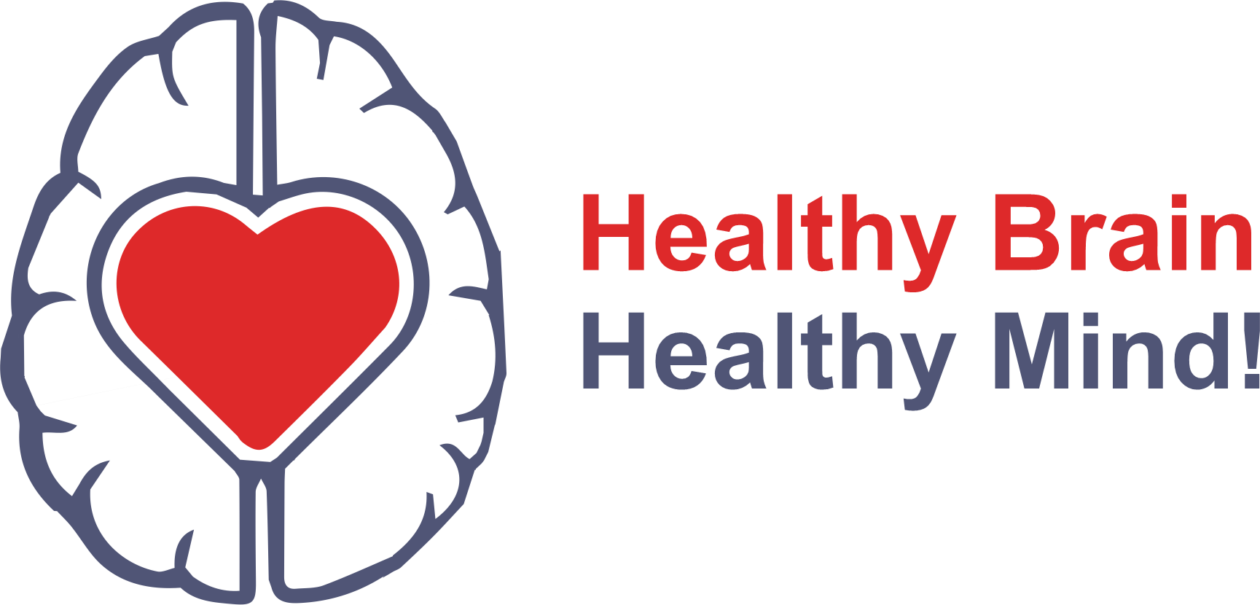Depression Facts
Defining Depression
A common but serious medical illness or mood disorder with symptoms that negatively affect how an individual feels, thinks, acts, or handles daily activities – depression as defined by scientific experts such as psychiatric/psychological associations, Government-sponsored mental health agencies, research non-profits, and the like.
Along with these definitions, PAD also believes that depression is a brain disease, unique to each individual, as with any biological or biochemical disorder. If not treated early, it may hamper adolescent brain development.
Possible Causes
Our research has shown us that there may be three possible causes of depression:
Genetic: Researchers have identified genetic components common in biological family members that may increase an individual’s risk of depression. Science is now gearing towards identifying the specific genes that may contribute to this disease.
Biological: Studies have shown that an imbalance in hormones and chemicals in the brain may lead to depression. Depression has been linked to dysfunction with the neurotransmitters serotonin, norepinephrine, and dopamine, and the hormone cortisol – all linked to how an individual handles stress.
Psychological: Numerous negative events in an individual’s life may lead to depression. Prolonged mental and physical stress, both past and present, can affect an individual’s self-esteem and trigger stress reactions that may compromise them and make them feel vulnerable or worthless.
Depression can cause emotional and behavioral changes in a person.
Emotional Changes
– Feelings of sadness, which can include crying spells for no apparent reason
– Irritability, frustration or feelings of anger, even over small matters
– Loss of interest or pleasure in normal activities
– Loss of interest in, or conflict with, family and friends
– Feelings of worthlessness, guilt, fixation on past failures or exaggerated self-blame or self-criticism
– Extreme sensitivity to rejection or failure, and the need for excessive reassurance
– Trouble thinking, concentrating, making decisions and remembering things
– An ongoing sense that life and the future are grim and bleak
– Frequent thoughts of death, dying or suicide
Behavioural Changes
– Tiredness and loss of energy
– Insomnia or sleeping too much
– Changes in appetite, such as decreased appetite and weight loss, or increased cravings for food and weight gain
– Use of alcohol or drugs
– Agitation or restlessness — for example, pacing, hand-wringing or an inability to sit still
– Frequent complaints of unexplained body aches and headaches, which may include frequent visits to the school nurse
– Poor school performance or frequent absences from school
– Neglected appearance, such as mismatched clothes and unkempt hair
– Disruptive or risky behavior
– Self-harm, such as cutting, burning, or excessive piercing or tattooing

INVOLVE TODAY
How to Get Help?
If you or anyone you know is suffering from depression and needs to speak to someone for support, please contact:
- 1-800-273-8255
- Depression & Bipolar Support Alliance
- Crisis Text Line




